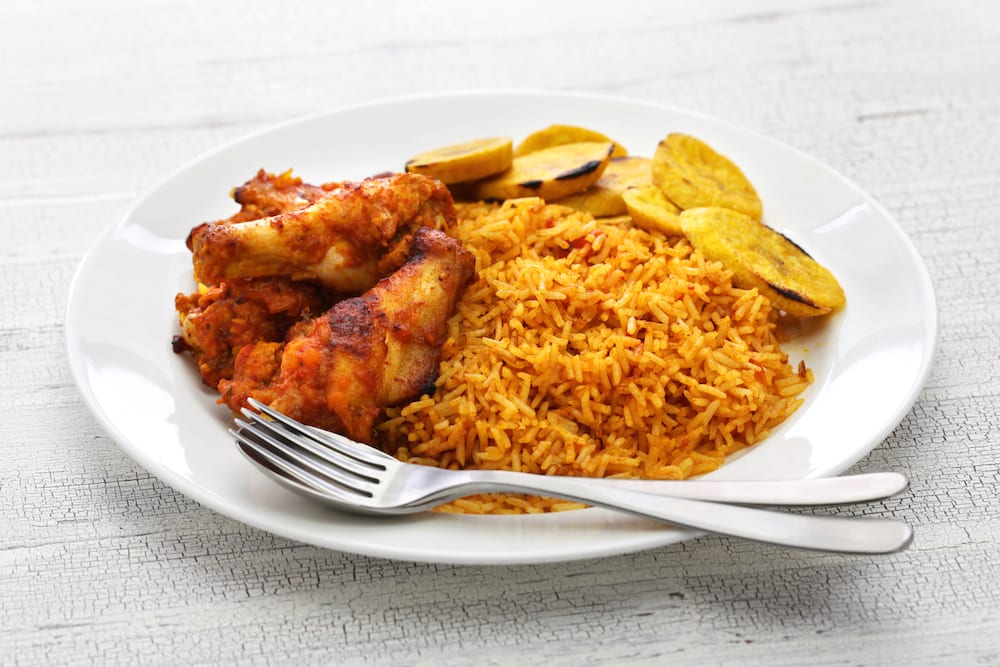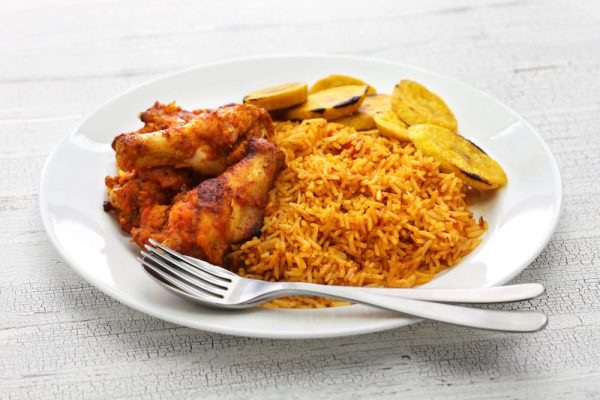Have you ever taken a moment to ponder about life? Have you considered how an event, encounter, discovery or development can alter the course of our lives either for better or for worse? If you haven’t, take a moment and think about a newborn baby and how it’s arrival changes the world of his family or think about the internet and how it revolutionized communication within a short period of time.
Read more about Food
Today, the internet has become a vital aspect of our lives and we can no longer imagine a world without it. With the growth and expansion of the internet in scope which led to the birth of social media, geographical barriers have crumbled; individuals can create and share their content with the rest of the world, and entrepreneurs can make sales. This is the power of the internet and it has touched every facet of our lives.
Social media has influenced Nigerian food by enlarging our recipe base. Before its advent, quite a good number of people knew just one method of cooking certain foods. They stuck to that method even when it had consistently failed to yield the desired result because it was all they knew. Today, thanks to social media, different recipes for the same food are available online for the food adventurer’s exploration.
Secondly, social media has helped to revolutionize Nigerian foods and cooking methods. New Nigerian recipes have been created while old ones have been modified. Again, ancient, stressful cooking methods have been dumped for more convenient methods.
Sign up to the Connect Nigeria daily newsletter
Social media, furthermore, has influenced food by piquing our sense of aesthetics. This is not surprising because human beings are visual beings; the Igbo in recognition of this fact assert that anya ga ebu uzo lie tupu onu na afo (the eyes usually feast before the mouth and the stomach). Most social media platforms capitalize on this visual nature of humans for even though they are mostly word and image-based, images have been proven to be more effective in attention-grabbing.
This essentially means that in social media, picture quality and product presentation can increase or decrease viewers interest. This is why vendors who have this basic knowledge apply their creativity in arranging and capturing their meals in a way that appeals to the eyes. The result is that even smoked garri, one of the simplest Nigerian meals, can be garnished in a way that will make it an online sensation.
Moreover, social media influences food sales. It offers food vendors the opportunity to advertise their products to many people at the same time. Here, high-quality pictures and creative presentation also play a role for they are good sales drivers. They convince prospective clients that the food or foodstuff is worth buying.
What’s more? Thanks to social media, a restaurateur in Lagos or a raw food vendor in Onitsha Main Market can advertise her food or foodstuffs and get clients from within and outside Nigeria. When those clients are gracious enough to send reviews which the vendor uploads, other clients see this and are encouraged to patronize the vendor.
In conclusion, social media has helped to redefine Nigerian food and food business; most importantly, it has taken it to an international level.
Featured Image Source: Demand Africa
Got a suggestion? Contact us: [email protected]


